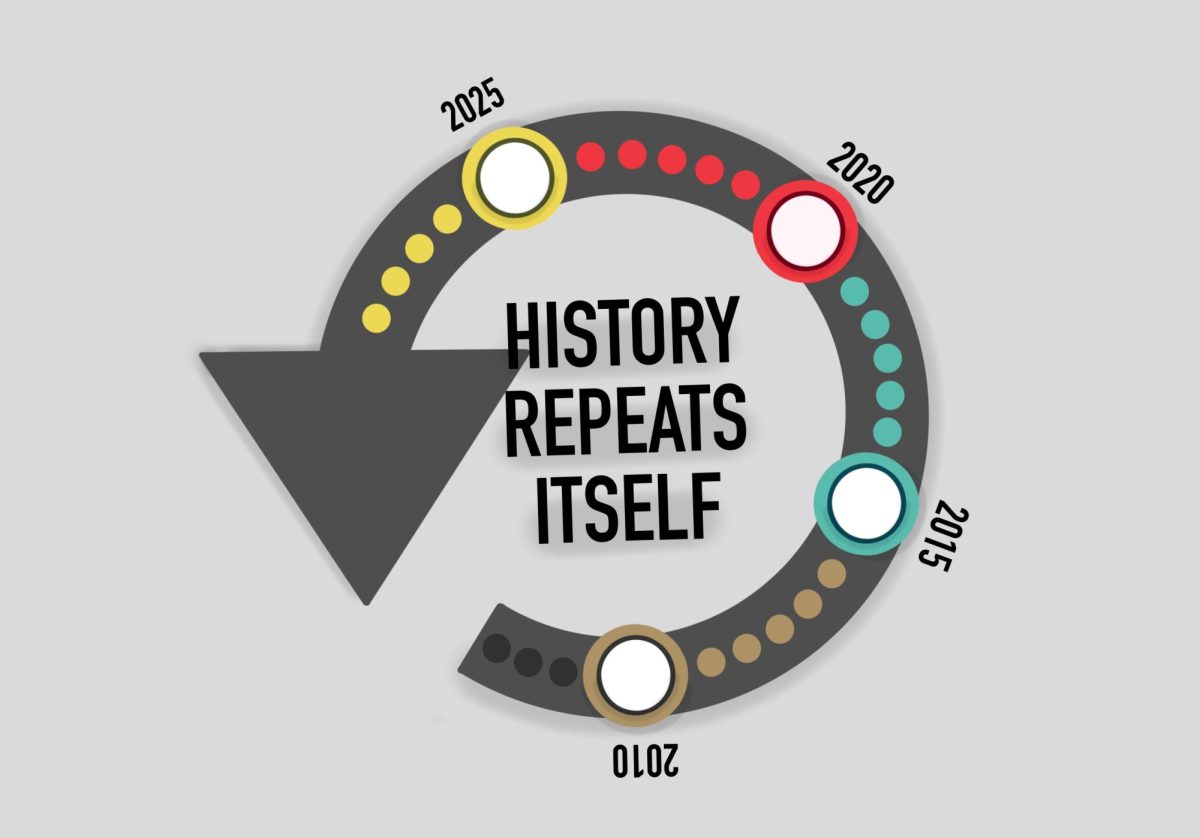We’ve all heard the beleaguered complaints of the modern liberal bemoaning Target’s Pride collection as a symptom of corporate exploitation of the gay rights movement. But this year, I would like to shift our critique of the collection past the corporatization of Pride, to a discussion about respecting women’s voices and the perils of interpreting classical texts.
Last weekend, my girlfriend and I made a trip to Target, whereupon we were immediately met with a mug bearing the following Sappho quote, “Slender Aphrodite has overcome me with longing for a girl.”
As someone who studies classics and Ancient Greek–and possesses the gigantic Folio Edition of Anne Carson’s monumental translation of Sappho–you’d think I would be thrilled to see this more academic admission in the array of tacky rainbowed attire. And I truly would be, were it not for the abhorrent mistranslation of this particular quote. I’ll spare you the grammatical intricacies, suffice to say that the word παιδος, which was translated in this instance to mean “girl,” is actually a neuter noun. This means that it is devoid of gender and cannot be read as “girl.” A more honest translation would be “youth,” however, in many ancient texts, this specific word is used to refer to a young boy (as there is a gender-specific word, κόρε, which is used to refer to a maiden or girl). So many modern translators find it more appropriate to translate this word as “boy.”
But why does this matter? Is not a simple mistranslation merely a passable mistake? Why does it matter that this quote on this mug is mistranslated? Well, Target is far from the first entity to misquote and misattribute Sappho–indeed, they aren’t even the first to make this particular mistranslation. But the fact that Target, a massive corporation, has picked up on this particular piece of shoddy translation, means that it might be time to finally start the conversation about interpreting ancient authors.
While Sappho was held in generally high esteem during the classical period, gaining respect and renown from Plato through the Roman period, her work has been ravaged not only by thousands of years and linguistic challenges, but also by puritanical church officials who deemed her work to be indecent (read, a woman who expressed sexuality, which could further be interpreted as homoerotic). As such, we now possess a minute fraction of her writings–roughly 650 lines, mostly fragmentary, out of a total corpus of 10,000 original lines. Only a single complete poem remains. Her voice has been all but lost to the sands of time (though ironically, the sands of Egypt have proven to be fertile with ancient manuscript fragments, which is where our hopes must lie for the discovery of further fragments).
Our knowledge of her personal life is no less fraught with mystery and misnomers. The few hints we have about her personal life from the fragments of her poetry offer us glimpses into the life of the real woman–the name of a brother, a daughter, many young women–was she a schoolmistress or a socialite? Was this a list of protegees or lovers?
The rest of the information we have comes sporadically, from other authors–often ones who lived far after the death of Sappho. The later comic playwrights in particular were obsessed with Sappho, writing at least six plays in her name. It is from these plays that we get the first notion of her husband, though upon further reflection, the name they give him may be exceptionally telling: Κερκύλας Ἁνδρός, which translates roughly to “dicky boy from the island of man.” So, you can see how that particular fact is suspect. In essence, the life of this woman who was so pivotal in the development of Greek lyric poetry remains as much a mystery as the words that remain lost to history.
The deliberate mistranslation of her words is simply another piled-on factor clouding our understanding of Sappho’s work and life. For much of history anonymous may have been a woman, but it seems that even when we know the name of that woman, her words are not safe from misattribution and mistranslation. The desire to have this ancient lesbian to relate to is understandable–so much of history is straight and has deliberately erased the existence of women who love other women. But the answer to erasure and loss is not to misrepresent the few words we do have from ancient women, especially words that intimately describe the complex lives of women in antiquity, and their desire for other women.
We must give Sappho the same scholarship and critical understanding that we give to any ancient author, the same attention to detail and space for nuance. That is the only way in which we can, in some small part, rectify the injustices of written memory forgetting the words of women. Take this as another qualm to add when we tack the 95 theses on the door of Target’s Pride collection.
This OpEd essay was submitted by Trinity Fritz Lawrence, a University of Minnesota student studying classics with a particular interest in female homoeroticism in antiquity (and, less relevantly, today).
This OpEd essay has been lightly edited for style and clarity.








